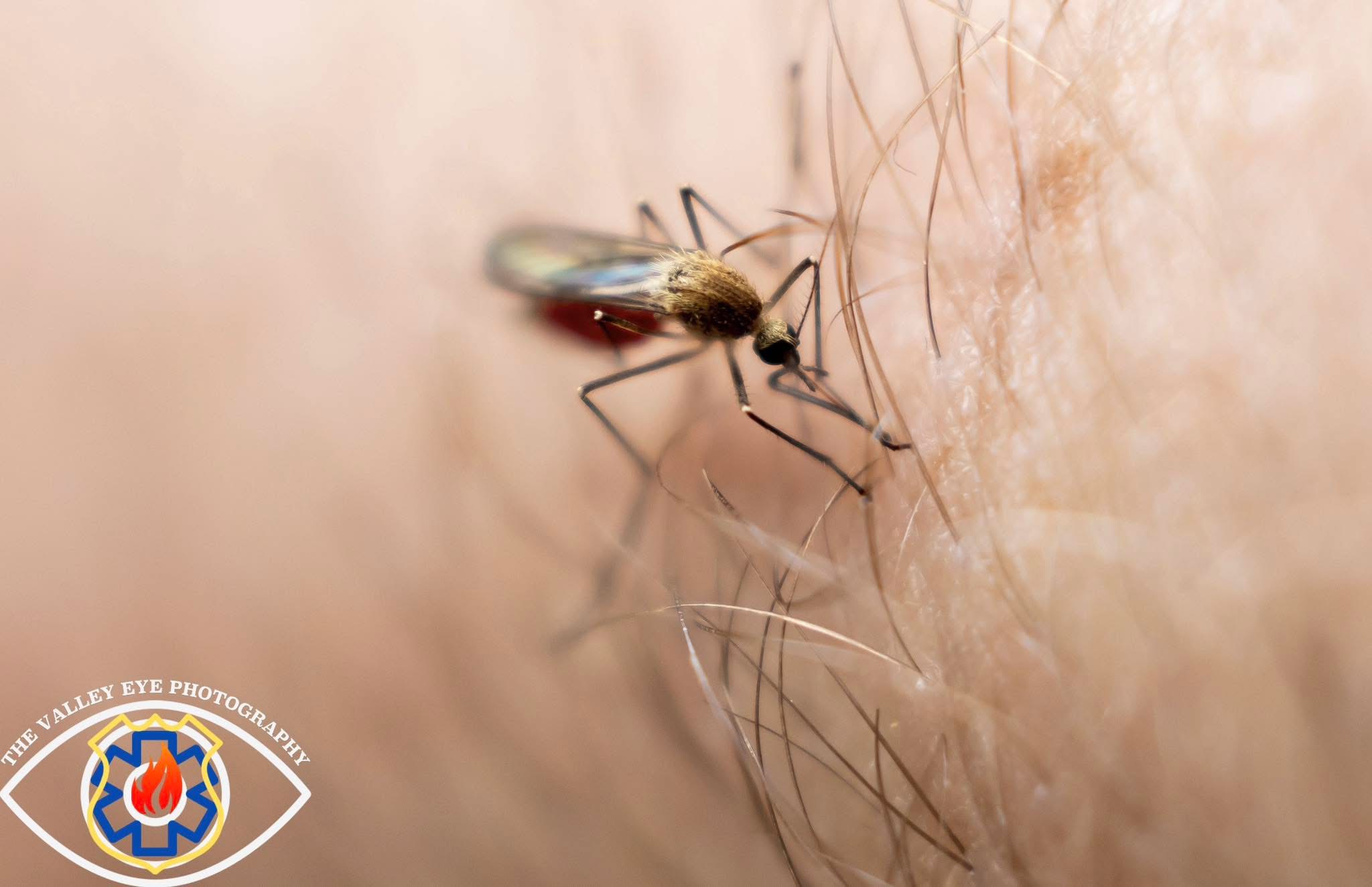If you haven’t suffered a summer swatting away mosquitoes, you must be lucky or hiding under a rock!!
Mosquitoes in Canada are most active from May to September, with their peak activity occurring around dawn and dusk.
Here are a few mosquito facts you might have never known 🫨
In Canada there are over 74 species of mosquitoes.
The lifespan of a mosquito is estimated to be a few weeks but is dependent on their species, weather, environment and many other contributing factors.
Male mosquitoes feed off of nectar and plant sap and do not bite.
Females are responsible for biting as they require blood protein to produce their eggs.
When a mosquito bites, it injects saliva that contains an anticoagulant to prevent the blood from clotting. This saliva triggers an immune response in humans, causing the characteristic itching and swelling around the bite.
Mosquitoes grow in still or very slow-moving water. Some mosquitoes lay their eggs on the surface of the water and can lay between 100 and 400 eggs at one time.
Eggs hatch in 1 or 2 days into larvae, which look like small worms. The life cycle from egg to adult can take less than 10 days if the temperature is right.
Why are mosquitoes good for our ecosystem?
Mosquitoes actually play an important role in acting as pollinators for some plants. Male mosquitoes feed on nectar and transfer pollen while doing so!
They also provide a meal source for natural predators because they eat their larvae. Predators include: fish, frogs, beetles, dragonflies, water bugs and birds that live on or around water!
Prevention:
To avoid bites, wear long sleeves and pants, especially during dawn and dusk, and use insect repellent and light clothing. Some other ways are by removing standing water which provides breeding sites and controlling the larvae with an approved product.
Additional information about mosquitoes can be sourced below ⤵️
https://www.canada.ca/en/health-canada/services/pest-control-tips/mosquitoes.html
Adrian J.




